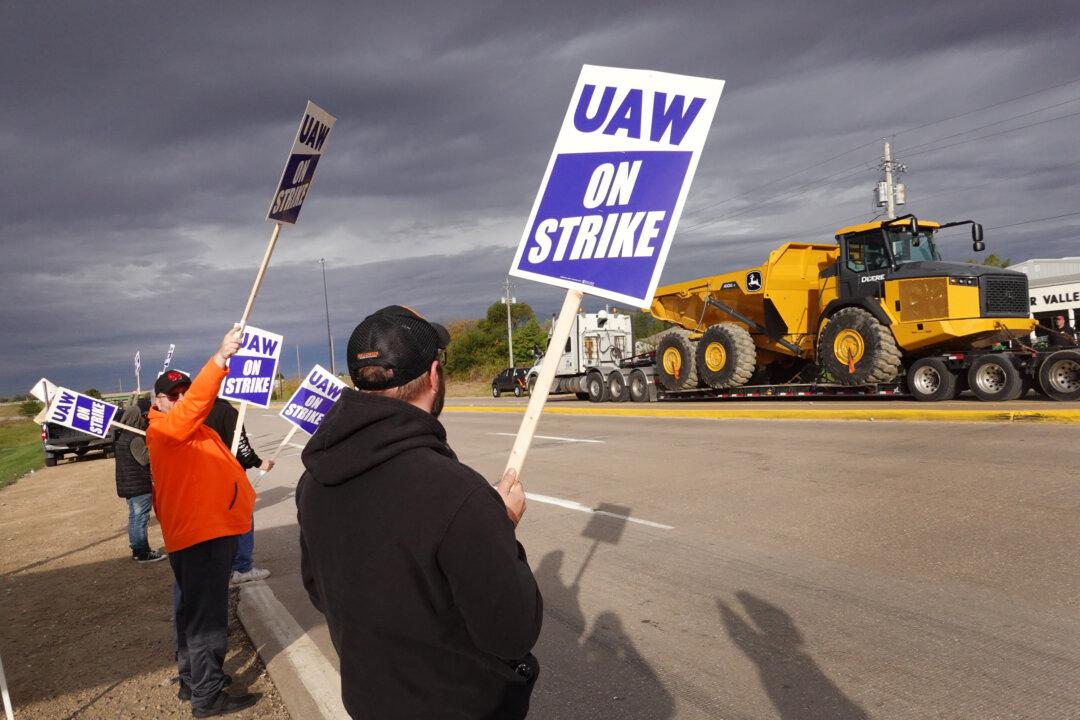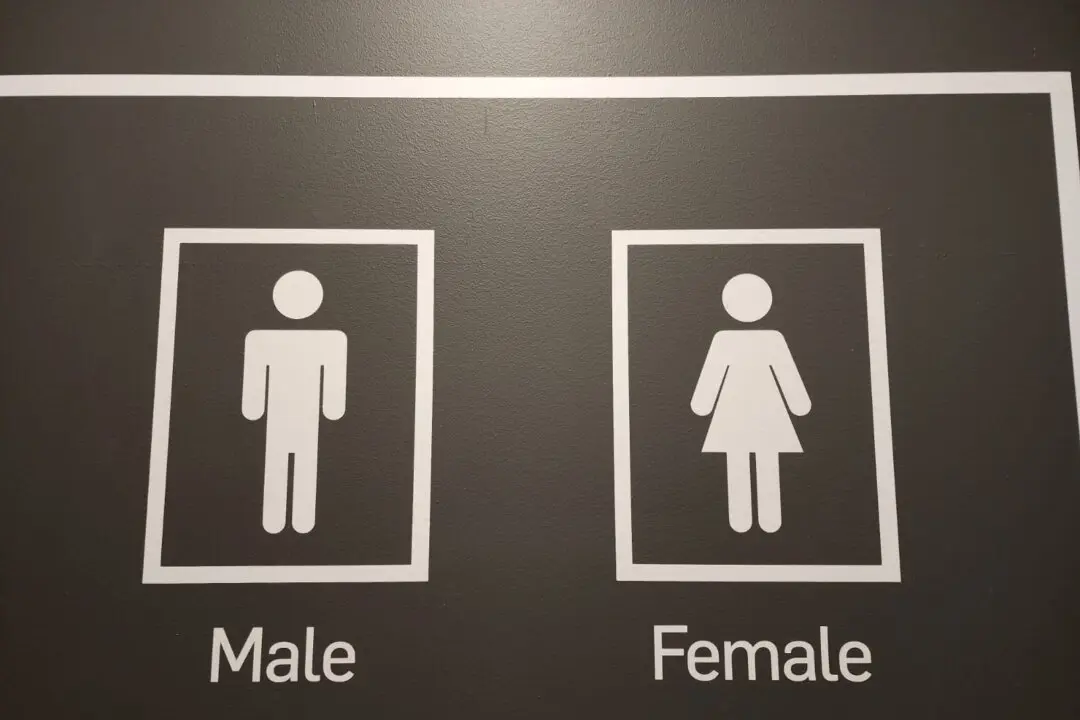Approximately 10,100 members of the United Auto Workers (UAW) will extend their strike into a third week after rank-and-file union members of farm and construction equipment maker Deere & Co. on Nov. 2 voted down what the company called its best and final proposal.
The second proposal included an $8,500 ratification bonus, a 10 percent pay increment, 30 percent wage increases over the term of the contract, improved retirement benefits and parental leave pay, and a post-retirement health care fund seeded by $2,000 per year of service.





